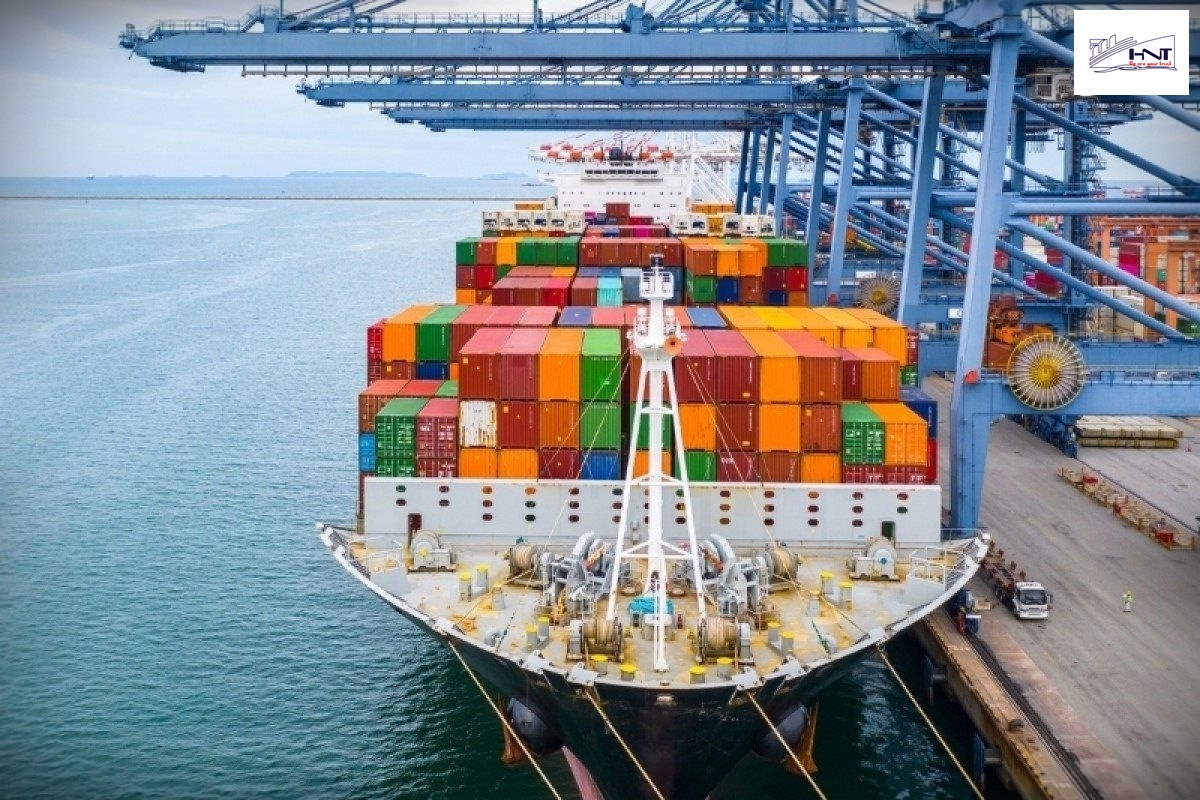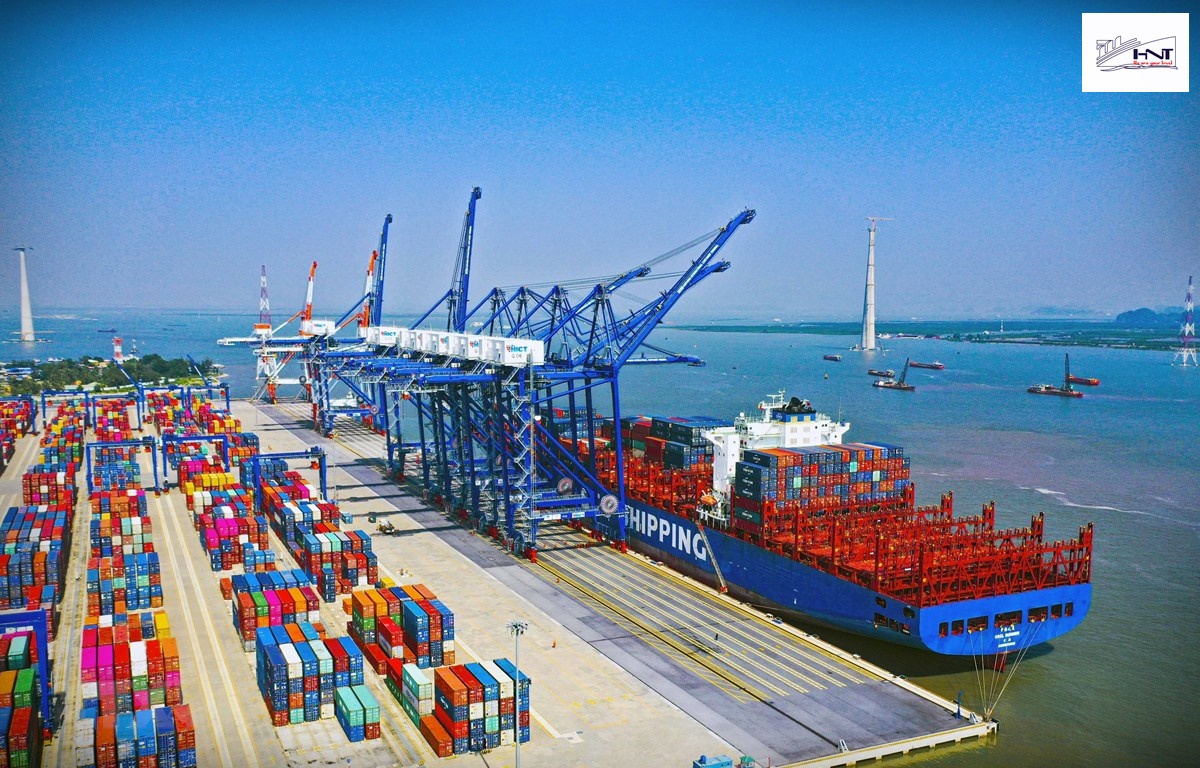What is import-export? What is the role of export and import? These are questions of great interest, especially to businesses aiming to expand their operations to include importing and exporting goods to increase their profits. So, what does exporting goods entail? What is the process? What are exported goods? And what are imported goods? Let’s explore these questions in detail in the following article!
Introduction to Import-Export
If you are wondering what export or import is, you are likely just beginning to delve into foreign trade. Export is a term familiar to many people, even those outside the economic sector. However, not everyone fully understands the concept of import-export. That’s why you’ve come to this article for more detailed information.
Definition of import and export
What is export?
Exporting involves selling goods and services to another country using various currencies as the payment method. The currency used can be from either the buyer's or the seller's country or from a third country.
For example, if Vietnam exports goods to the US and uses USD for payment, USD is considered foreign currency for Vietnam but domestic currency for the US. If Vietnam exports goods to China and payment is made in USD, then USD is foreign currency for both the exporting and importing countries.
What is import?
Theoretically, import is an international business activity. It involves the exchange of goods between countries based on the principle of equivalent exchange, using currency as an intermediary. This activity is typically measured over a specific period.
Importing is not considered an isolated business act but a system of trade relations within an economy, both internally and externally organized. A country's imports depend on the income of its residents and the exchange rate at that time.

In the export then the export has emerged from a very long time through the form of stubs is active exchange of goods between countries or territories with each other
The Role of Import-Export
The role of export activities
The roles of exporting include:
- Generating revenue for the business: Selling goods to foreign customers expands the market beyond national borders, elevating the domestic business.
- Promoting the national and corporate brand in the international market: Large companies that export valuable goods can dominate markets and establish their reputation.
- Bringing foreign currency into the country: This macroeconomic benefit is a key reason countries encourage exports to ensure a balanced payment scale and increase foreign currency
- Boosting the global economy: Exporting meets the interests of businesses and nations, promoting domestic production by leveraging absolute and comparative advantages.

Along with the development of the economy, export activities have been and are increasingly expanding vigorously.
The role of import activities
Business owners understand the significance of importing, which offers the following opportunities:
Importing in a balanced and adequate manner will bring significant benefits to businesses and the country itself, such as:
- Addressing domestic goods shortages: This ensures economic balance and meets domestic consumer demands.
- Providing a diverse range of products: It creates more choices in the domestic market, especially for customers who prefer high-quality foreign products.
- Enhancing competition among domestic businesses: This improves product quality and offers better choices for customers.

Importing and exporting are vital for the economic development of any country.
Types of Import-Export
Types of export:
- Direct export
- Indirect export (entrusted).
- Processing goods for export
- On-the-spot export
- Temporary export for re-import – temporary import for re-export
- Countertrade
- Export under Decree
Types of import:
- Entrusted import
- Direct import
- Countertrade
- Temporary import for re-export
- Processing import
Conclusion
We hope this article has helped you better understand the concepts, roles, and types of import-export activities today. If you are looking for a professional, fast, and competitively priced international freight forwarding company, contact HNT Logisticsat hotline 0981.655.880 (Mrs. Thi) for the earliest consultation!




